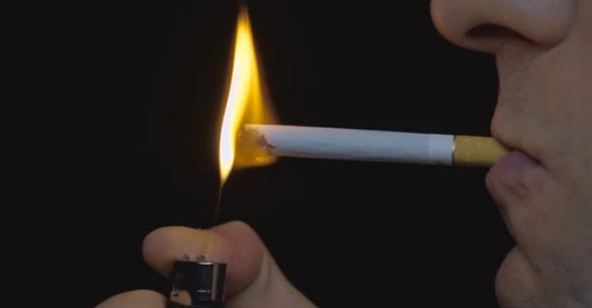Portugal’s government on Thursday presented legislation to extend a ban on smoking to outdoor areas including covered terraces and to restrict tobacco sales, as it hopes to raise a tobacco-free generation by 2040.
“With this amendment, we will start today to protect the adults of tomorrow,” Health Minister Manuel Pizarro told a press conference, dismissing criticism from some business groups who say the measures are too harsh and discriminatory.
If approved by parliament, where the ruling Socialists have a majority, smoking next to public buildings such as schools, universities, hospitals or sports venues, outside restaurants, bars and coffee shops will be banned from Oct. 23.
Restaurants, bars and nightclubs that have dedicated smoking areas with adequate isolation will be allowed to maintain those until 2030.
From 2025, only licensed tobacconists and airport shops will be allowed to sell cigarettes and other tobacco products, meaning that vending machines, bars, restaurants and petrol stations will no longer be allowed to offer them.
Under a European Union directive, Portugal is also changing the law to equate heated tobacco products to conventional tobacco. The sale of flavoured heated tobacco will be prohibited.
The PRO.VAR restaurant association head Daniel Serra said the measures were taking away a source of revenue from often struggling small businesses. The national association of fuel retailers, which operate petrol stations, called the plan unfair and disproportionate.
A pack of cigarettes in Portugal costs around 5 euros ($5.50) – one of the lowest prices in western Europe. Some argue the government should instead raise the tobacco tax, but Pizarro said that was not a priority as prices beyond certain level would simply encourage smuggling.
According to the government, about two-thirds of deaths among smokers are attributable to tobacco use, and smokers live 10 years less than a non-smoker on average. It is estimated that in 2019 about 13,500 deaths were due to tobacco in Portugal, which has a population of around 10 million. ($1 = 0.9084 euros)

















